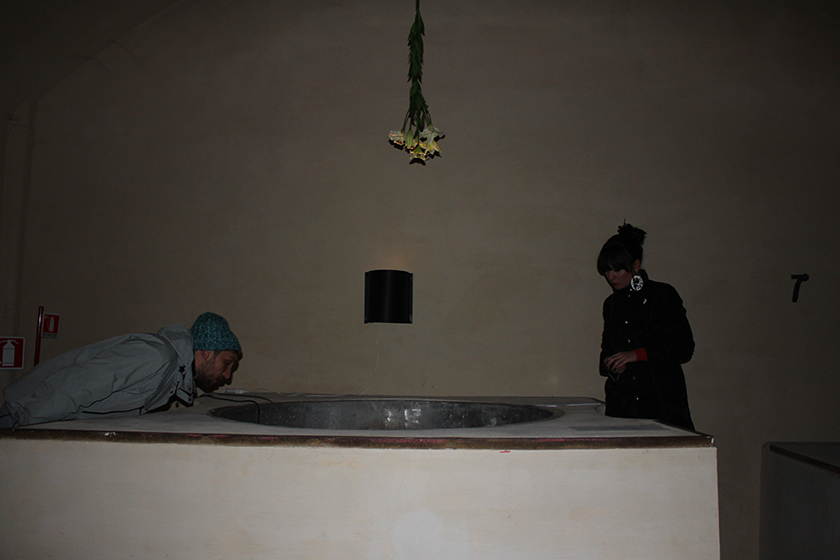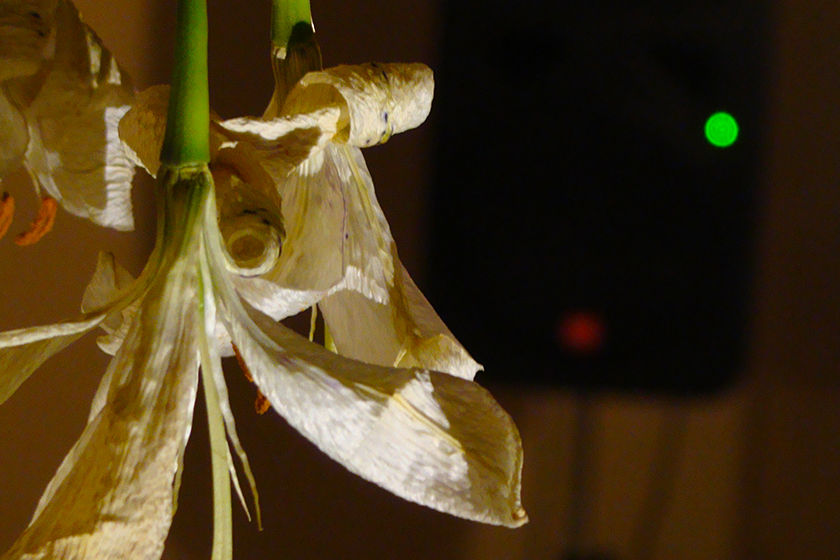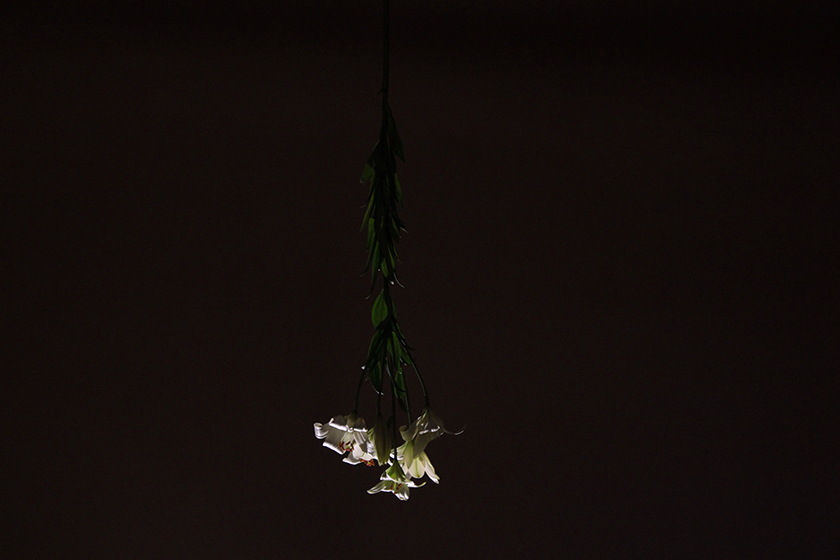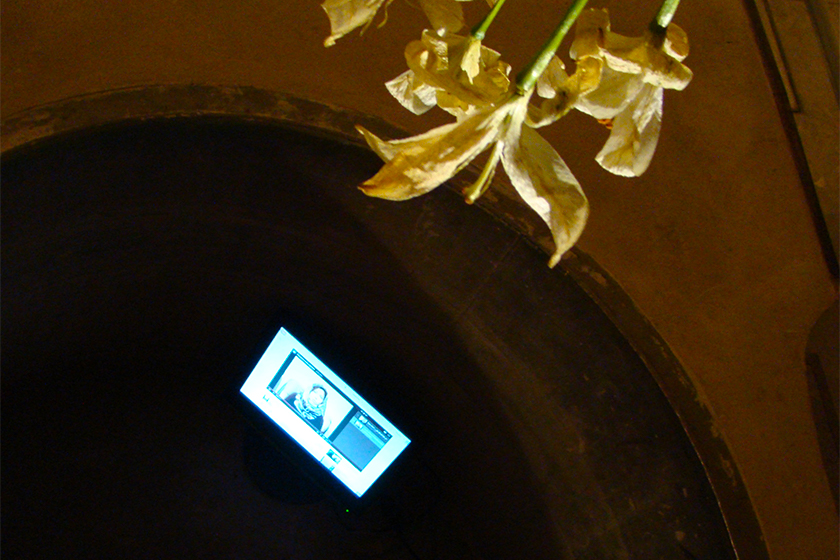Installation
PRIMAVERA ARABA EGIZIANA - EGYPTIAN ARAB SPRING
We are all Khaled Said
Since 2012, research has focused on the events of the Arab Spring and the geopolitical situation in the Mediterranean.
By addressing the role of the media in the Arab revolution, an attempt is made to provoke reflection on the current social reality.
THE PROJECT
The Installation and Audio Project originated by Anahi Mariotti and subsequently cured by Roberto D'Onorio originates from reflections on the events of the Arab Spring and the ways in which the peoples of the Southern Shore of the Mediterranean were able to bring out the use of new media as new places, spaces of communication, commerce, and revolt.
The virtual square in the service of the real one.
The formal research of the installation works takes place through the chronicling of the daily experience of a people in revolt, taking from the new technologies, but also and especially technologies considered by us as elementary - such as Facebook and Youtube - those testimonies that have played a fundamental role in the visibility of a cross-sectional social solidarity, which here is connected and shown through the ability to communicate with each other of connected lives.
The audio work in memory of Khaled Said, a young man from Alexandria who died as a result of torture by security forces, a "martyr" of the Arab Spring, reveals the tragic nature and courage of those willing to turn the voice posted on their Facebook profile into public record.
The page dedicated to Khaled Said now has over 600,000 supporters. In the work, the FB page is read by a male voice in a religious key.
The act of declaiming his Facebook profile in religious form elevates the unawareness of the daily act to a possible executioner who reaps new martyrs.
Differently, the video work, borrowed from the youtube channel of Asmaa Mahfouz, class of '85, testifies to the Net not as a tool, rather as a place of relationships and the belonging of lives to real territories.
Very important were the amateur videos posted on the video-sharing platform YouTube. Some shock footage provided a way for the population to always be informed about the facts, even the most scandalous ones, and most importantly it provided the individual subject to improvise himself as a journalist or director of the uprising.
The young leaders of the uprising are aged between 20 and 35, born under the Mubarak government, middle-class, university students and freelancers, doctors, lawyers and engineers. They are young people who speak English, are well versed in the world of the Internet, and all have facebook profiles.
Despite the presence of a special police unit, assigned in monitoring opposition movements on the net, Facebook, Google and YouTube soon became the most widespread and useful Arab media space, in a regime, such as Mubarak's, of censorship and control, freedom of information and the consequent shock at the dramatic situations (torture, mistreatment in prisons, etc.), left behind the mainstream media and exposed the regime.
Video
We are all Khaled Said
Audio and video installation. Lily flower turned upside down.
Video from YouTube channel Wolfinside1985




